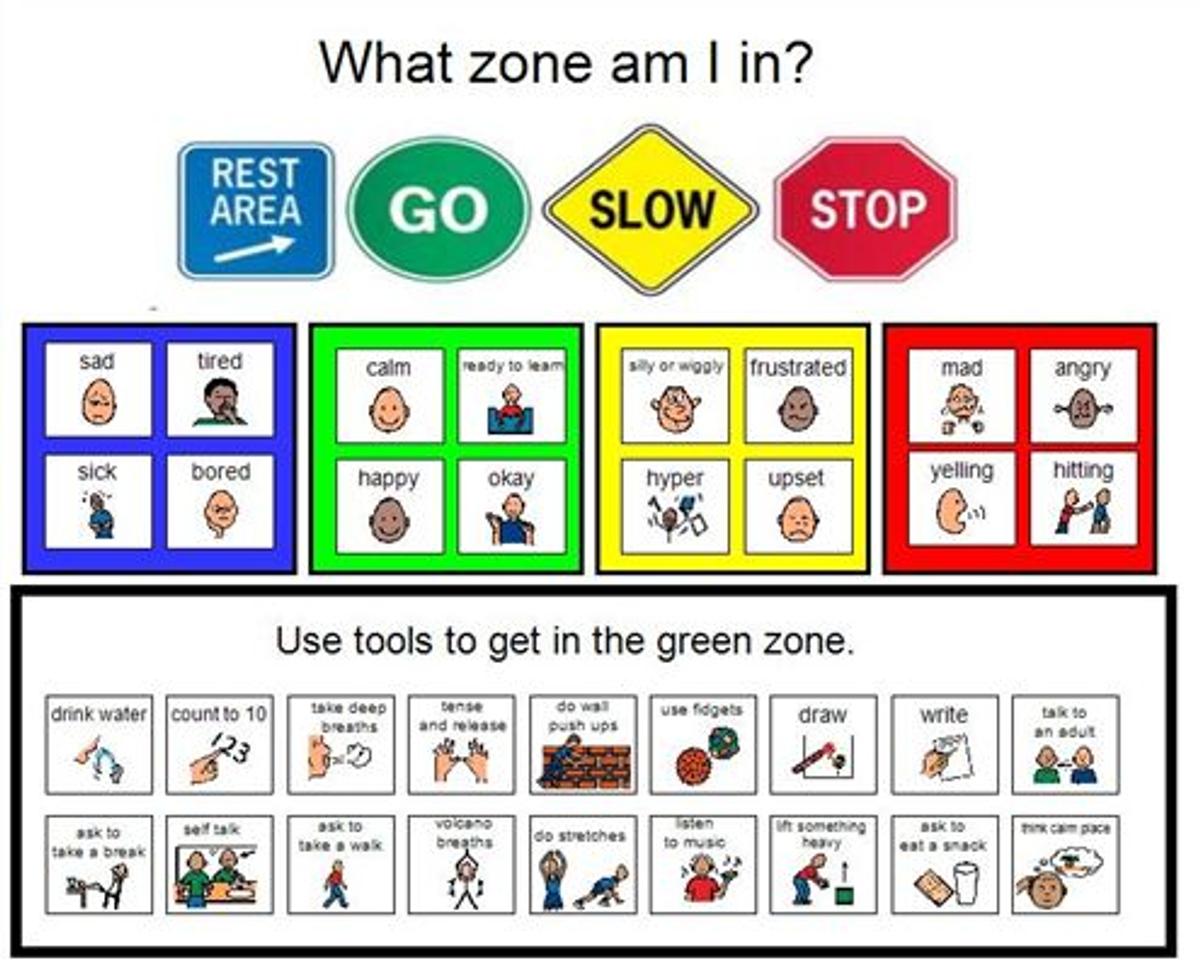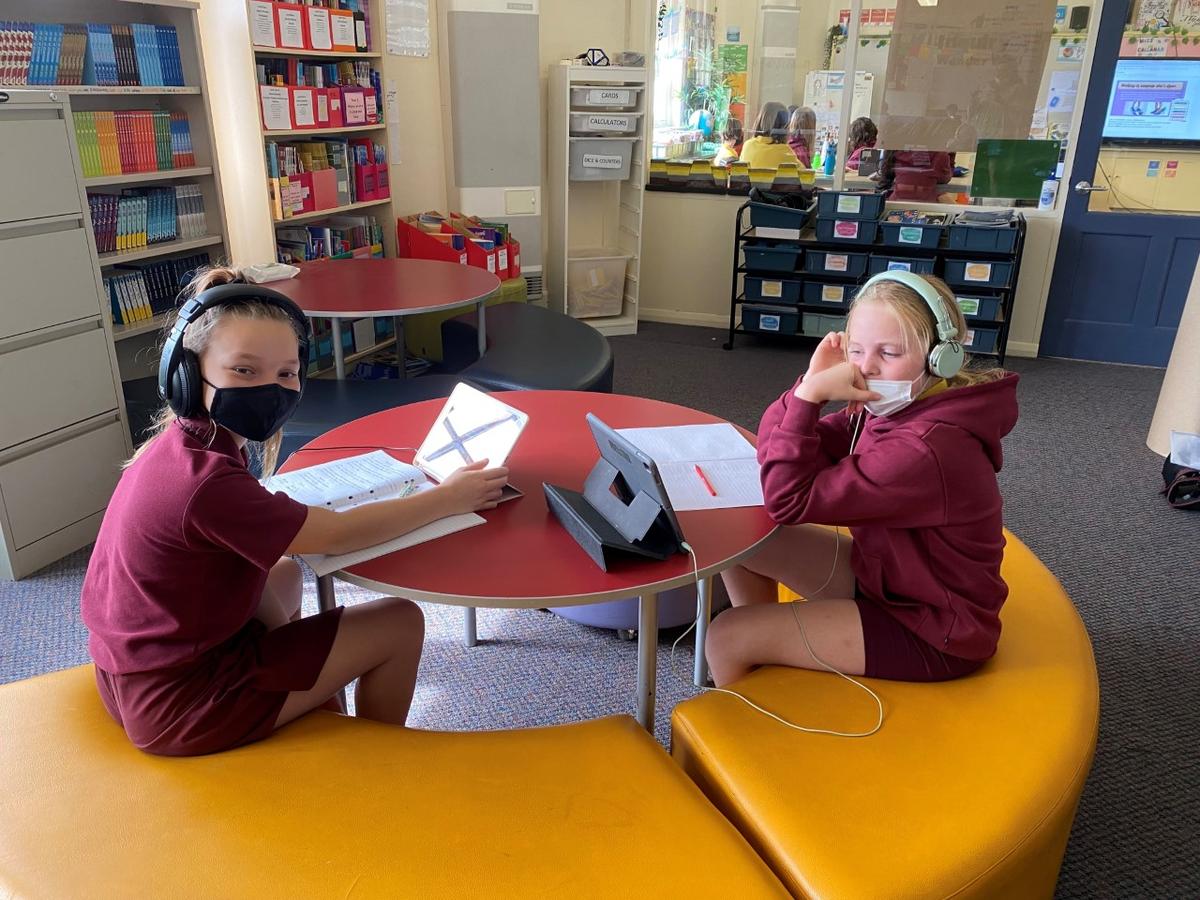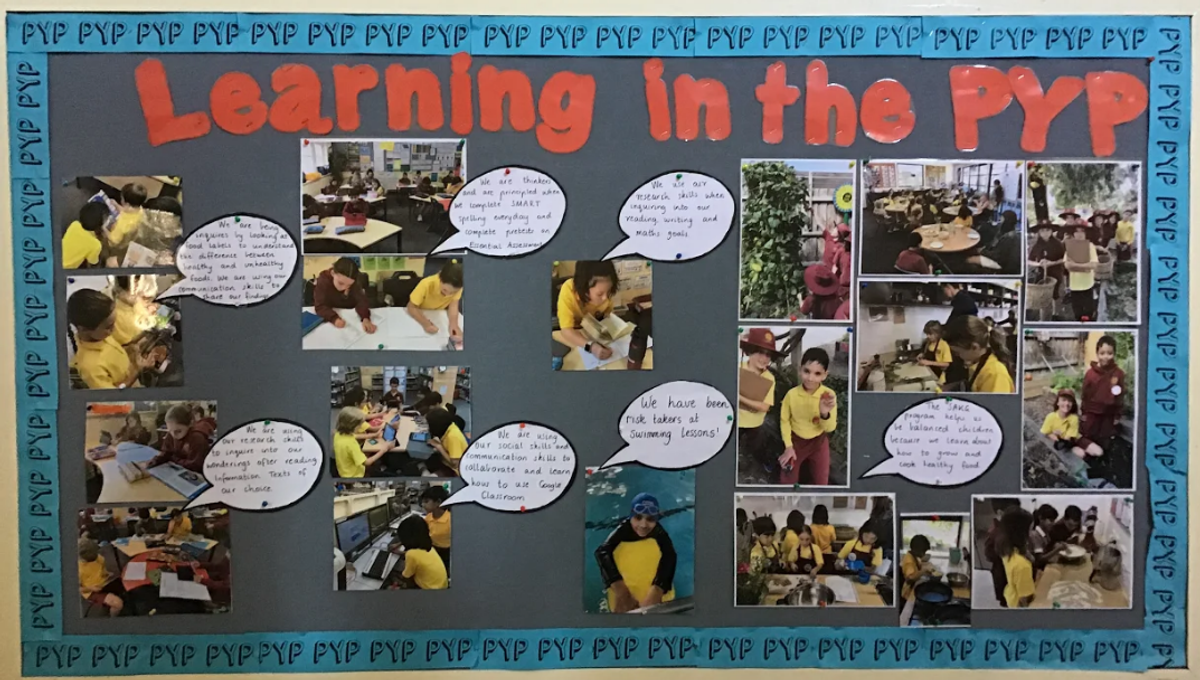State Principals' Conference

REPORT
On Monday, I attended the State Principals' Conference with a very apt theme of ‘Stronger Together. Every Student. Every School’.
The conference was an opportunity to reflect on where our school is currently at in achieving it’s mission and what further areas we can turn our attention to.
One of the sessions I attended really struck a chord with me, as it’s an area our school is already investing time and energy to.
The session was about ‘Developing expertise in maths: designing a pathway to excellence.’
Our next step is to develop the students’ ability to use mathematical language to describe, analyse, compare, justify and explain their reasoning when it comes to solving mathematical problems. This is particularly important as some of our clever mathematicians can solve complex operations, but can’t necessarily explain their methods. If students can explain their methodology or reasoning, they not only demonstrate a deeper understanding, but are better equipped to transfer this critical thinking to other areas.
The workshop also discussed the value of enabling and extending prompts within the mathematics program. I was pleased to note that our teachers already create enabling and extending prompts to engage each student in problem solving at their own challenge level. Next term, we will be inviting parents to a ‘Math workshop’ designed to give families a clearer understanding of how we develop expertise in maths.
FOCUS ON WELLBEING
One of the plenary sessions was focused on wellbeing because of effects of the pandemic on social health, particularly in the areas of:
- Self regulation
- Concentration
- Collaboration
- Participation
- Confidence
- Persistence
- Tolerance
- Respect
- Sharing
During this session, I reflected on the activities and social-emotional programs our teachers run to engage students and build their confidence and social capabilities. We believe developing positive and strong teacher-student relationships is key to positive engagement in school.
Our wellbeing focus is strengthened because we have consistent and positive routines, we recognise and take action when noticing a child who is off balance and we explicitly teach strategies to support students to self regulate and reset.
Here are some other ways we strengthen positive mental health:
Feedback – we are explicit in our feedback to students and ensure there are many opportunities for students to achieve success and personal acknowledgement. Positive feedback provides further motivation when it is genuine and specific.
We use strength based language and describe exactly what the student did and the impact it had. For example: ‘Good on you for being persistent in solving this problem and while it was tough being in the learning pit, I noticed you were able to share your new understandings by helping someone else. I can see you are so much more confident now.’
Collaborative Learning – every day, our students have the opportunity to work with others, be it in pairs or in a small group.
When students work together with a shared goal or purpose, it not only builds better relationships, but provides an opportunity to develop a range of skills such as clearer communication, reflection and revising thinking, problem solving, time management and organisation (to name a few).
Zones of Regulation – this program is taught across prep to year 2 and teaches students to recognise and name their emotions along with developing in students a toolkit of strategies to get back to the green zone.
Lunch Time Clubs- Our many lunch time clubs also provide further opportunities to engage in positive play and build connections with like- minded peers. Every day, there are activities available to students (in the second half of lunch). Activities this term include: lego, beading, knitting, dancing, drawing and coding club.
STUDENT VOICE, AGENCY AND LEADERSHIP
Developing student voice, agency and leadership is a key improvement goal within our Strategic Plan (2019- 2023).
There is evidence-based research to indicate that amplifying student voice, agency and leadership represents different aspects of student empowerment and contributes to improved health, wellbeing and learning outcomes.
Our students have a voice in their classroom when they are given choices with their learning tasks and how they represent their learning, and our Student Representative Council is a prime example of students having a say in school improvement.
Student agency comes from students empowered to take ownership of their learning, to co-construct the learning intentions and to monitor their own learning and improvement by setting clear learning goals and acting upon feedback.
Students with a strong sense of agency:
- Work harder
- Have greater focus
- Have more interest
- Are less likely to give up
- Are better at planning
- Are more likely to choose challenging tasks
- Set higher goals
- Have improved concentration when faced with difficulties.
MAKING MISTAKES IS KEY TO SUCCESS
Genuine learning comes from mistakes. The child who gets everything correct, is not learning anything new.
Our teachers review student work on a weekly basis to identify where each child is at within the learning progression, to work with the child to set challenging (but achievable) learning goals, to plan challenging learning activities, to help the child through the learning pit (all new things can be hard) and to develop in our students a growth mindset.
Every day, in every classroom, we see our students living the school motto ‘Excellence through Endeavour’.
We look forward to inviting parents to classrooms in term 3 for ‘Student Led Conferences’ where students are afforded the opportunity to show, share and celebrate their learning with their parents.
CONCLUSION
I found myself writing this article in order to share with parents, not only some of the things I heard at the conference, but to inform you of the actions we are taking within our school to make our vision a reality.
Our Mission:
Murrumbeena Primary School aims to provide exemplary teaching, with rich, engaging learning experiences; to foster an environment where students’ curiosity flourishes.
The school aims to provide opportunities for students to be challenged and become life-long learners in a global society and for students to learn in partnership with the school to develop self-belief and ownership of their learning.
Chellee Plumb



